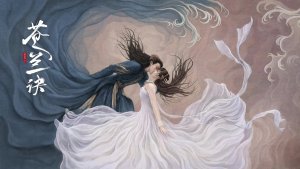 How to Make a Romantic Xianxia: Love Between Fairy and Devil
How to Make a Romantic Xianxia: Love Between Fairy and Devil
Have you ever seen the word ‘Xianxia’ pop up in someone’s comment or a random corner of MDL and wondered what this strange word meant? Don’t worry, you’re not alone! Often confused with Wuxia or even normal fantasy, Xianxia is a C-drama genre with a Chinese mythology origin.
If you've watched C-dramas with flying people and magical animals, you've probably already seen a Xianxia. There are many different concepts to grasp in this genre, and some can be confusing while others are very interesting. In Mandarin, Xianxia (仙侠) directly means Immortal Heroes, but the phrase actually means Chinese Fantasy. Xianxia is commonly used to describe some of the most well-known fantasy-romance C-dramas, such as Eternal Love and Ashes of Love, but as one starts to venture further on this path of hidden delights, they discover that Xianxia is so much more than just magical creatures and bursts of light from the palm…
Note: Xianxia dramas all include immortals or demons. Although Wuxia dramas may include evil spirits or cultivation, they are not part of the fantasy genre if magical beings are not present. Below are some simple explanations and a few drama suggestions.
Commonly referred to as San Jie (三界), The Three Realms are composed of the Mortal Realm, the Immortal Realm, and the Demon Realm, and are the setting for most Xianxia dramas. They are three different parts of the world, but each requires the others to keep the balance. If one realm disappears, then the other two will as well. Although the three realms may not always get along with each other, there are rules, both written and unwritten, that have been established to ensure peace.
Note: The aspects I'll be talking about in this article focus mainly on Xianxia dramas that have aired rather recently.

The Mortal Realm is home to all mortals or humans. They are born without powers or special traits, but there are groups of people, called cultivators, who devote their life to cultivation to try to become immortal. Cultivators also usually join together to form sects, which are commonly seen in both Wuxia and Xianxia dramas. Cultivation is a Taoist concept where a mortal can try to extend their lifespan and become immortal through practicing martial arts skills, meditation, and the usual practice of Qi, or vital energy, that is inside every person’s body. It is said that every mortal was reincarnated. Some reincarnated from famous immortals, while others lived their previous life as magical creatures. | 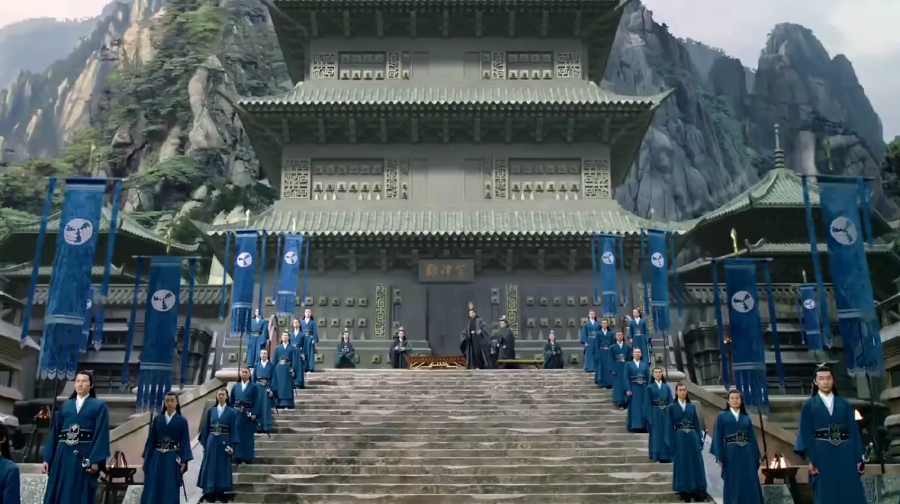 Example of a cultivation sect (from Love and Redemption) |

Some immortals are born magical while others, as mentioned before, obtain their identities and powers from cultivating. Although immortals live in the Heavenly Realm, this does not make them "angelic" or "good". The Heavenly Realm (also known as the Immortal Realm) is ruled by the Heavenly Emperor, who resides in the Heavenly Palace. This realm is also divided into many clans or groups, but they all get along fairly well. All immortals have a rank, including the most common immortal, a High Deity, and a High God. (These titles are all translated differently in dramas.)
Other magical creatures, such as dragons and phoenixes, also reside here. In some Xianxias, characters have animal true forms. In Love and Destiny, the female lead's true form is a phoenix, waiting to be awakened. The many immortals are different from drama to drama, but some immortals who have appeared in quite a few Xianxia dramas and Chinese legends include:
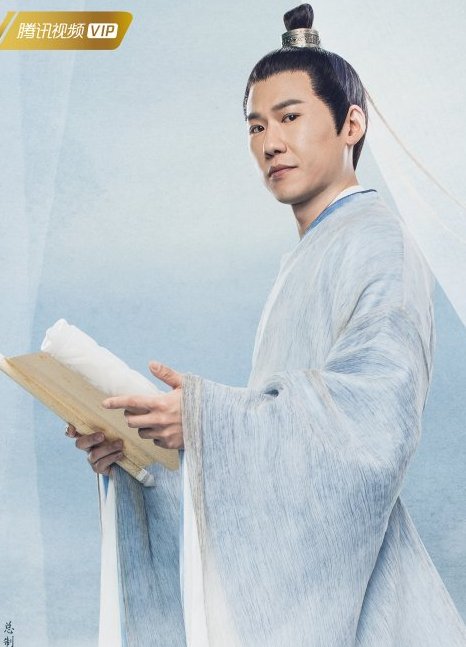 | Si Ming (司命) - The Chinese deity who is in charge of fate. The Book of Fate is in his possession. (Ming translates to life/fate.) Left: Siming Xingjun, Eternal Love of Dream |
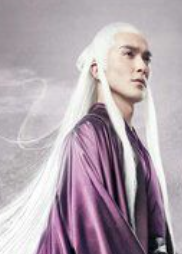 | Di Jun (帝君) - In Chinese mythology, Di Jun is the Supreme Emperor, or the most powerful deity in the Immortal Realm and possibly even the Three Realms. Di and Jun are two separate titles for rulers, so to have both words in his name, he must be very prestigious. Left: Donghua Dijun, Eternal Love |
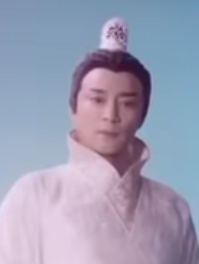 | Heavenly Emperor/Tian Di (天帝) - The Heavenly Emperor is the ruler of the Heavenly Realm, and the position is usually passed down through the same family. (In the Three Lives, Three Worlds series (Eternal Love), Donghua gave up this position.) Left: Heavenly Emperor, Ashes of Love |

The demons and other evil beings live in the Demon Realm. Although they are composed of evil or dark energy, this does not signify that all demons are evil. In some Xianxia dramas, the Demon Realm is ruled by the Demon Emperor, but each demon tribe or race have their own rules and leaders. There are many races of demons, with different insights and goals in mind. | 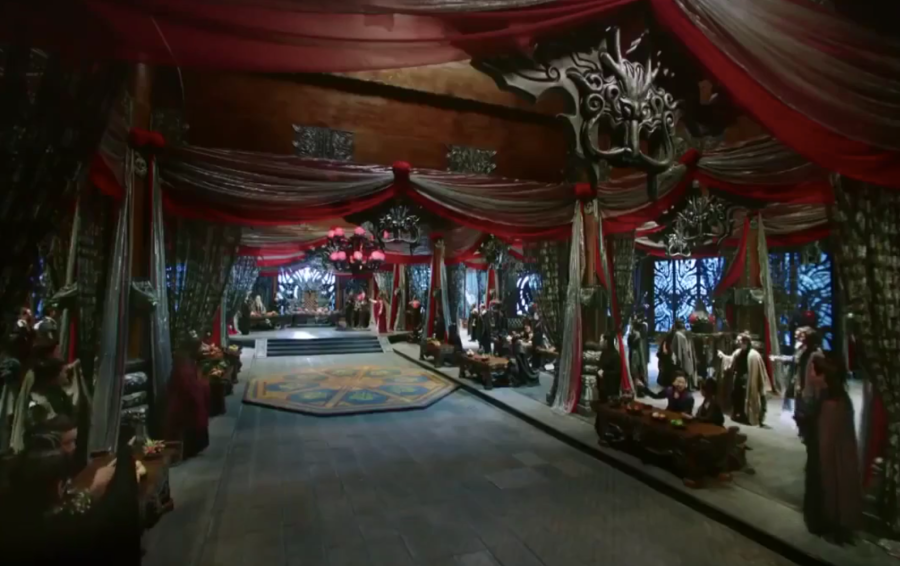 The Demon Realm (Ashes of Love) |
Like some immortals, some demons are born into the Demon Realm while others become demons or evil spirits through certain circumstances and can only reside here. Demon creatures can choose to cultivate to obtain a human form. Demons can also cultivate to become immortals, but this is quite rare. | 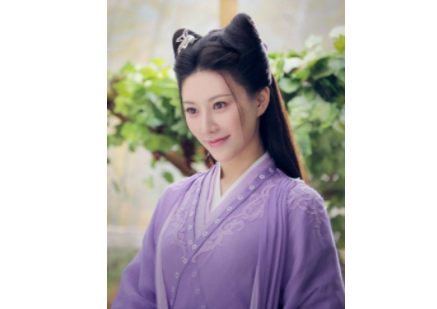 Zi Hu 'Purple Fox' in her human form (from Love and Redemption) |
There are many names of locations and landforms in Xianxia dramas that, while commonly seen, do tend to confuse people. In every C-drama, the pinyin of the names do have deeper meanings. For example, in The Untamed, the Yun Meng Jiang Sect means the Cloud Dream Jiang Sect, with Jiang being the surname of the leading family. Here are a few Xianxia places that may be confusing for some:
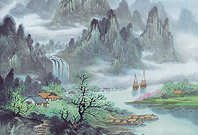 | In folk tales, Kunlun Mountain (昆仑山) is said to be in the west, with a diversity of plants and magical creatures. This famous mountain is also home to some deities. |
The place where the female leads of the Three Lives, Three Worlds series grew up, Qing Qiu (青丘), directly translating to Green Hills, is home to the Nine-Tailed Fox Clan. Nine-tailed foxes, also known as kitsunes or gumihos, show up in quite a few Chinese legends. | 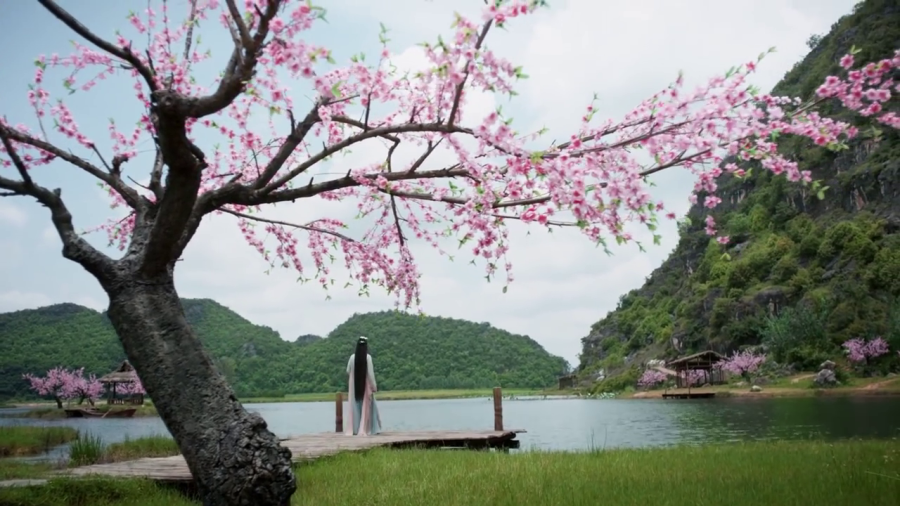 |
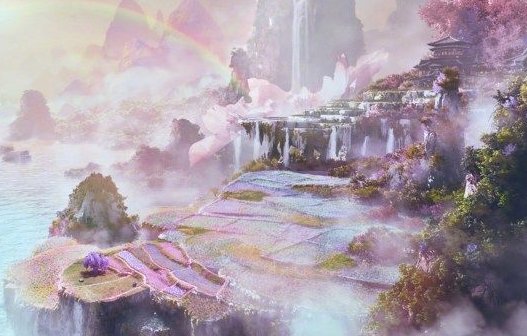 | As seen in Ashes of Love, The Floral Realm (花界) is not a separate realm, but rather a large branch of the Heavenly Realm. Although it may seem like a 4th realm, this is not the case. Many Chinese legends include quite a few realms, but in Xianxia dramas, there are only 3 main realms. |
If you haven’t tried any Xianxia dramas, you definitely should! There are many kinds of Xianxias, from pure romances to intriguing adventures. Here are a few to get you started:
For romance lovers:
 |  | 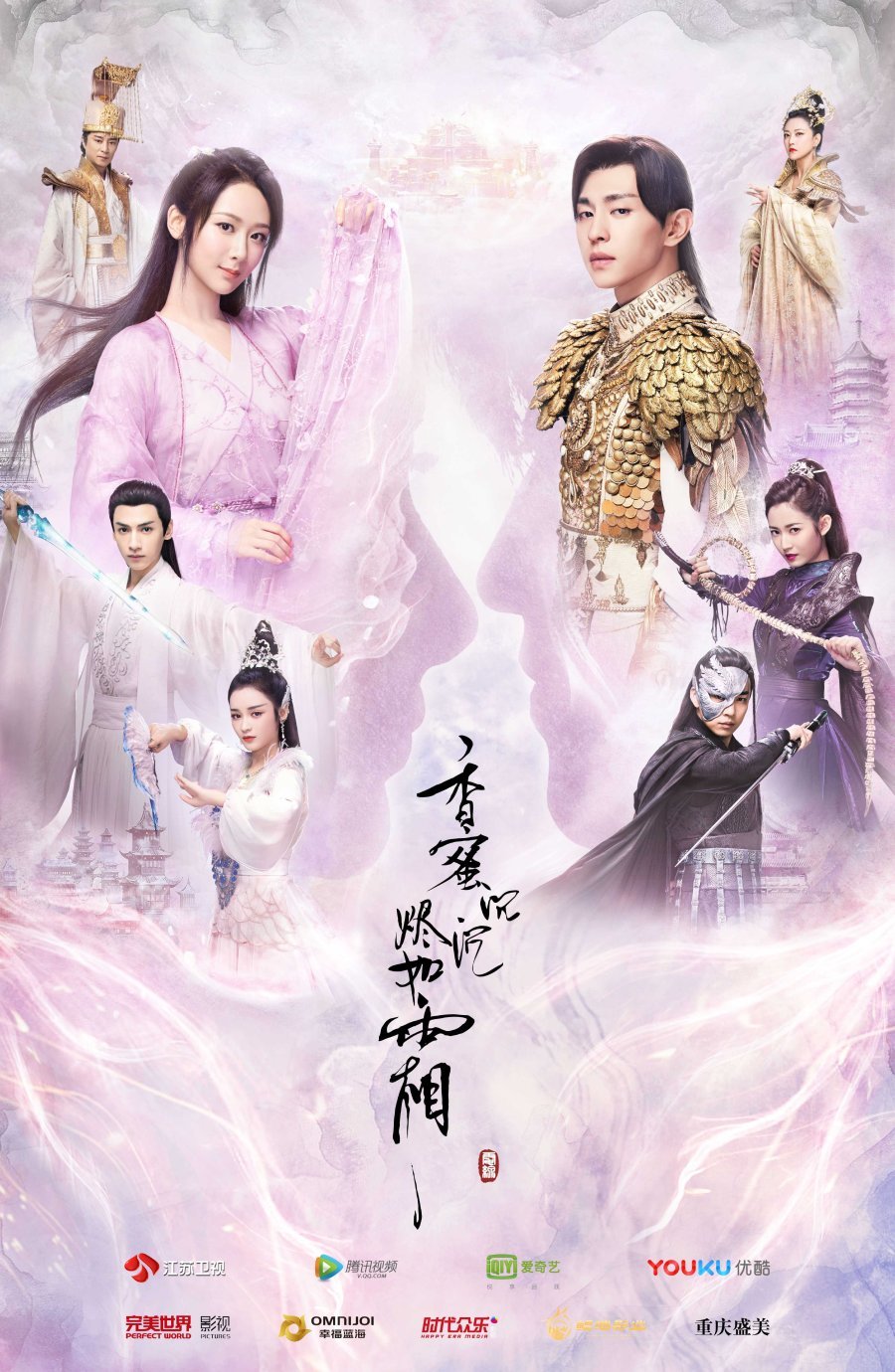 |
This is a great drama to introduce one to Xianxias. It provides many aspects of Chinese culture and mythology, as well as a beautiful love story that spans three lifetimes and diverse characters. (The official sequel: Eternal Love of Dream) | Love and Redemption takes a different approach that provides the audience with an indirect analysis of demons, all the while causing watchers to cry and laugh with the few love stories. Unlike Eternal Love, the female lead does not start off powerful. | This Xianxia romance drama tells a love story between the Fire Deity and the daughter of the Flower Deity, as well as makes the audience ponder what love truly is. The female lead is deprived of her ability to love since she was born, but everything changes after she meets the male lead. |
For mystery and adventure lovers:
 | 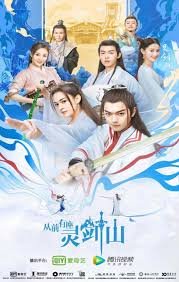 | 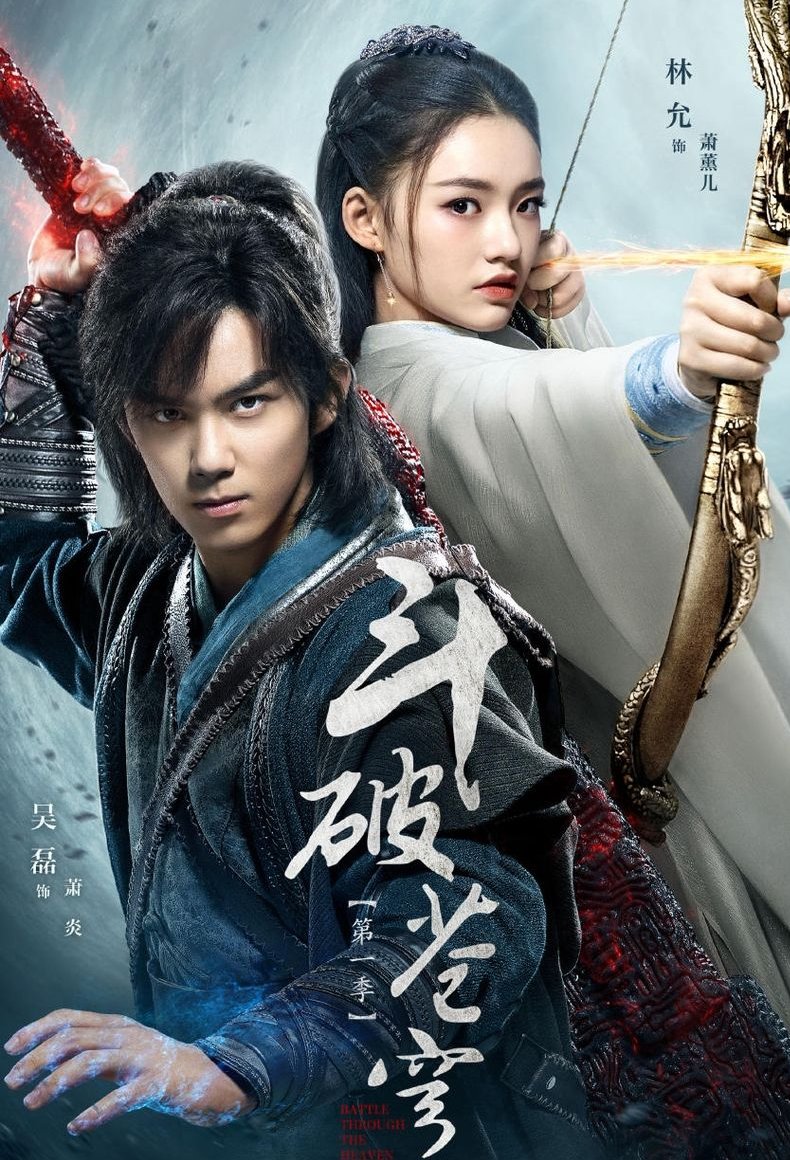 |
Often mistaken as a Wuxia drama, The Untamed is a very popular drama that balances mystery with the lovable bromance. The audience plunges into a dark world, where the main leads discover secrets of the past. (The Untamed is Xianxia because there are demons and magic.) | Once Upon a Time in Lingjian Mountain is a fun mystery-comedy, set in a futuristic Xianxia era. The male lead pursues cultivation after he reincarnates without the memories of the past life. The different comedies mash up very well together to create a light-hearted watch. (Credit: Becky17) | The genius male lead trains hard to become stronger to complete his Three Years’ Promise. On the way, he meets the female lead, and the two of them embark on a journey together (with a bit of romance) to become strong and help each other get revenge. (Credit: Neutralizinq) |
A few other noteworthy Xianxia dramas:
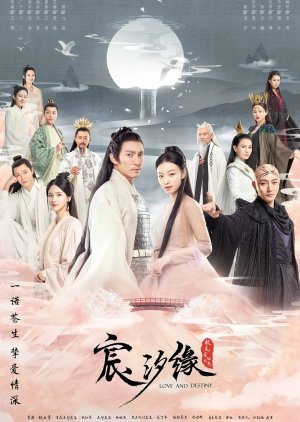 | 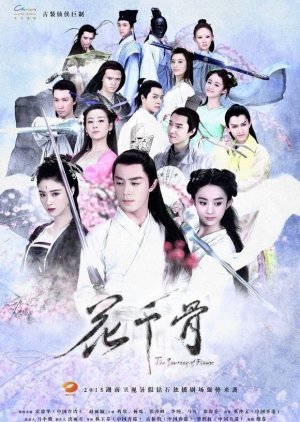 | 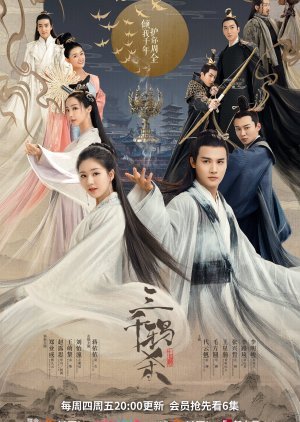 |  |  |
I hope you found this helpful, and, have fun on your Xianxia Journey!
Edited by: Cookie (1st editor)











